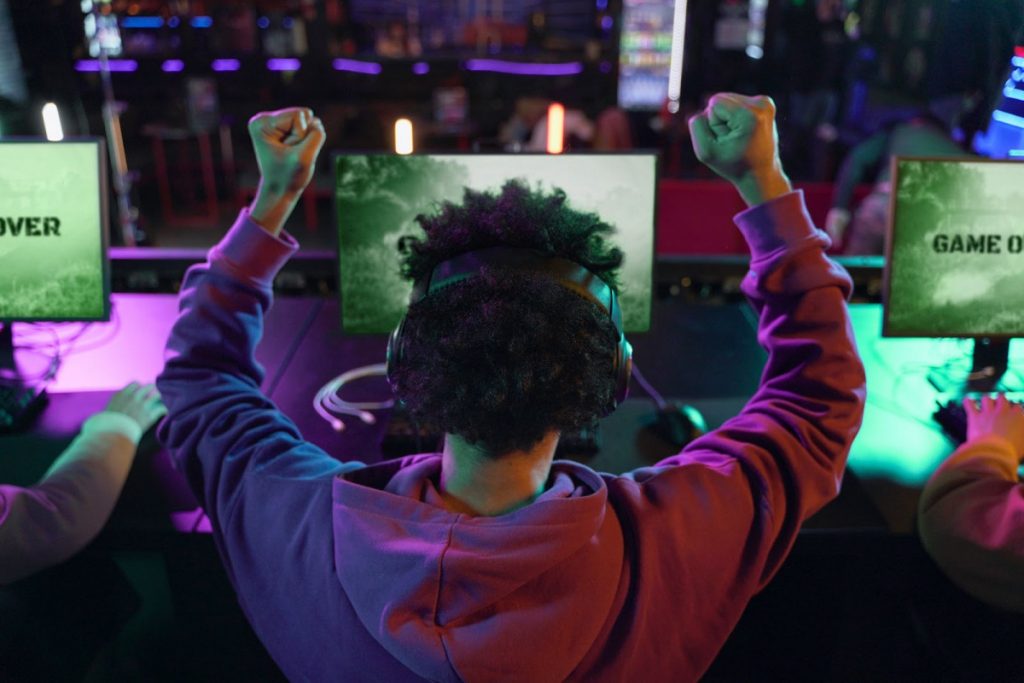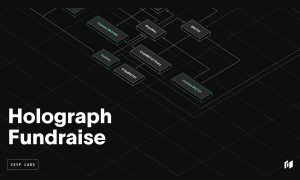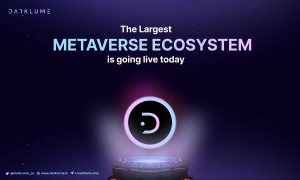Shards.Tech allows game studios to monetise people that don’t even play their games.

In Brief
With a chain and game agnostic model, Shards.Tech launched earlier this year and has boosted game studio revenues, retention rates and average spends in-game by more than 100%, integrating and partnering with famous web3 brands such as YGG and more

“Choose the game, choose the guild, buy the fraction – earn revenue,” Corey Wilton, CEO and Founder, Shards.Tech.
Late last year, early stage web3 game Petopia generated over $400,000 in trading volume on its private alpha using Shards.Tech SDK technology. For the majority of time since ‘play-to-earn’ first featured in 2017, it has deterred concerns about its unsustainable models by players, brands and experts.
CEO and Co-Founder Corey Wilton has recently launched Shards.Tech, an SDK that adds a monetisation layer standard for web3 gaming – which aims to sit beside the traditional web3 revenue streams such as ‘NFT sales’ or ‘token launches.’
According to Corey, the project’s early campaigns have already seen over 10,000 trades worth over $300,000 in a 30 day window. According to reports, the project is also backed by leading web3 ventures such as Crypto.com Capital and more.
“Shards’ free to plug SDK allows fractionalised ownership of in-game teams, allowing anyone to trade tokens of teams to drive more revenue and engagement to the game,” says Corey.
Background
In 2019, Corey co-founded TacToys, a direct-to-consumer toy brand bootstrapped, which saw $15 million ARR.
In 2023, he launched Gel Sting, a retail brand with major distribution in Toys R Us and Toy Kingdom.
As one of the early adopters in crypto, Corey and some of the team at Shards.Tech also co-founded Mirai Labs, an international game development studio which today sees over 500,000+ users, $200 million in NFT volume and over $8 million in revenue. Some of Mirai Labs titles include now Shards integrated Petopia, Pegaxy and more.
Initially a game studio, Corey and his team realised that launching a web3 token in a bear market was destined for failure most of the time.
Bitcoin, which now hovers around $70,000 a piece, cost not too much than $18,000 in November 2022. While it steadily fluctuated within that range for most of last year, it was a long, cold, contagious crypto winter which saw nearly two-thirds of crypto projects and token launches fail, as well as multiple unsuccessful NFT sales. Many web3 gaming studios also struggled to attract, retain and monetise both players and non-players.
“We asked ourselves, how do you succeed in getting money in web3 gaming, if the only two monetisation methods don’t work?”
Corey admits the $30 million Friend.Tech boom to be a major inspiration for the idea behind the ever growing SDK, as Friend Tech was a concept that fractionalised and allowed speculation and with it, monetisation through people on its platform.
Shards.Tech decided to put the underlying concept of Friend.Tech inside a game, stimulating further competition and speculation, allowing fractionalisation of teams or ‘guilds’ within the games. “Game studios can plug the free to use Shards SDK into its ecosystem, creating a guild system that fractionalises teams, creating a ‘flywheel’ for game studios, founders, players as well as non-players.”
With a chain and game agnostic model, Shards.Tech launched earlier this year and has boosted game studio revenues, retention rates and average spends in-game by more than 100%, integrating and partnering with famous web3 brands such as YGG and more.
Through its initial campaign with its in-house game Petopia, Shards.Tech generated over 400+ unique guilds, 10,000+ individual trades, and over 600% increase in competitive spending.
Monetisation Strategies
The business model is broken down into four distinctive elements. From a 10% trading fee, 5% goes to teams within the game, 3-4% goes to the game or the game studio itself, 1% goes to referrals and the remaining 1% goes to Shards.Tech.
For team founders, Shards SDK tokenises their team, which allows anyone (players, non-players, speculators or just community members) to buy a fraction of that team, which they can buy and sell freely on the marketplace. “The prices of these fractions are based on a bonding curve, which stimulates a lot of trading,” says Corey.
The 5% revenue generated for team founders or ‘guilds’ within the game allows them to generate revenue regardless of if they win games or tournaments.
The game studios integrating the Shards SDK make between 3-4% of all the trading volume generated inside of their game, which not only opens up a new revenue stream, but also encourages them to stimulate the competition and increase excitement.
The referral layer on top of this incentivises people to refer team founders or traders into the game, which grants them 1% fee on all trades made from their referrals.
The remainder of 1% contributes for the project’s (Shards.Tech) own revenue model, which drives the ‘flywheel’ within the Shards ecosystem.
All revenue generated is in the form of Ethereum, says Shards.Tech.
Shards.Tech aims to actualise the ‘play-to-earn’ model, which it aims will evolve beyond its current landscape into providing more sustainable and financial proof for all parties involved.
The success of early stage games like Petopia demonstrate that people enjoy the SDK as it encourages competition and speculation, even if the underlying games are still early stage or under-developed.
Disclaimer
In line with the Trust Project guidelines, please note that the information provided on this page is not intended to be and should not be interpreted as legal, tax, investment, financial, or any other form of advice. It is important to only invest what you can afford to lose and to seek independent financial advice if you have any doubts. For further information, we suggest referring to the terms and conditions as well as the help and support pages provided by the issuer or advertiser. MetaversePost is committed to accurate, unbiased reporting, but market conditions are subject to change without notice.
About The Author
Gregory, a digital nomad hailing from Poland, is not only a financial analyst but also a valuable contributor to various online magazines. With a wealth of experience in the financial industry, his insights and expertise have earned him recognition in numerous publications. Utilising his spare time effectively, Gregory is currently dedicated to writing a book about cryptocurrency and blockchain.
More articles

Gregory, a digital nomad hailing from Poland, is not only a financial analyst but also a valuable contributor to various online magazines. With a wealth of experience in the financial industry, his insights and expertise have earned him recognition in numerous publications. Utilising his spare time effectively, Gregory is currently dedicated to writing a book about cryptocurrency and blockchain.














